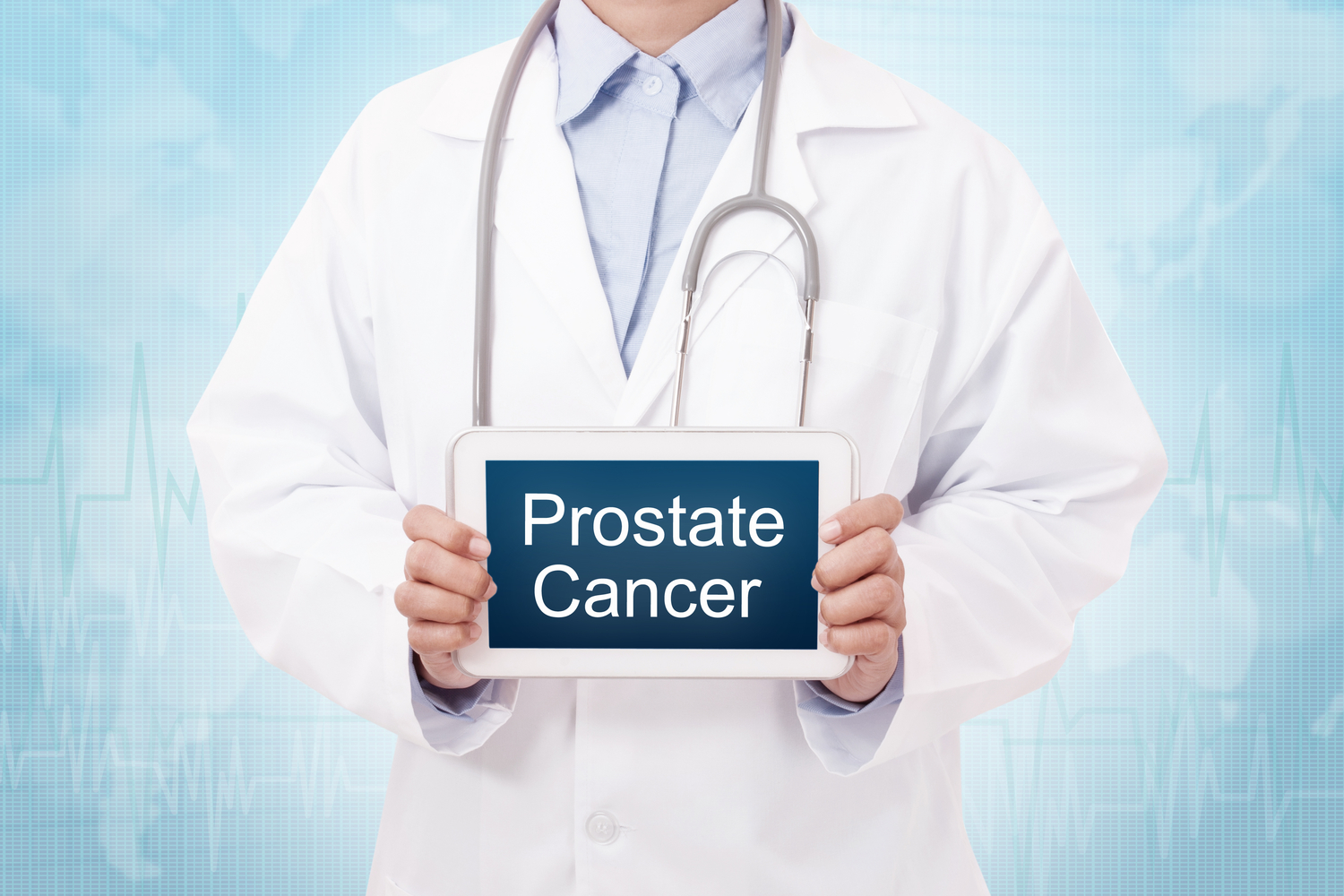
6 Symptoms of Prostate Cancer to Know
Prostate cancer is a cancer of the prostate gland, which is responsible for the production of seminal fluid (semen). It is the second cause of cancer among men in the U.S. Like most cancers, it’s hard to determine what causes prostate cancer. However, genetics, abnormal DNA mutation, and environmental factors can lead to the growth of cancer cells. Age, environment, diet, genes, and family history are known as risk factors. Doctors often recommend surgery or prescribed medications such as xtandi, relugolix, erleada, lupron, and enzalutamide to fight prostate cancer.
Here are the common symptoms of prostate cancer:
1. Difficulty urinating
Those with prostate cancer will notice urinating becomes hard and painful. It is because as the prostate tumor grows large, it presses against the urethra and hinders the passage of urine since the bladder is near the prostate.
2. Pelvic and back pain
Feeling pain on bones such as pelvis and back is an intricate sign of advanced prostate cancer. In this developed stage, the cancer cells begin to deteriorate bone tissue and nerves. As it spreads further, healthy bones start weakening to the point of fragility. It can be especially experienced on the back and hips. Making any sudden movements can be extremely painful.
One can feel sharp jabs and applied pressure against the spine and pelvic area. In this state, medical assistance is imperative.
3. Blood present in urine or semen
Blood in urine, or hematuria as it’s known, is a common symptom of those who exhibit prostate cancer. It affects the color of your urine and semen from the usual lime/yellow color to a darker red or pink due to blood traces. Although radiotherapy is a known cause for the occurrence of blood in semen and urine, prostate tumors pressed against the urinary tract, urethra, or ureters (the tube from kidney to the bladder) can be probable causes. While it isn’t painful, it’s uncomfortable for both you and the others waiting in line in the restroom.
4. Sore groin
The groin alone is a host to several of these lymph nodes. As cancer progresses, it can affect the lymph nodes, a series of glands responsible for filtering fluids and protection against illness. Once infected, they lose the ability to retain and filter fluids. It causes it to swell, become sore, painful, and sensitive to any contact.
5. Weight loss
Weight loss is brought about by a loss of appetite. This is due to stress, chemicals in medication, and radiotherapy. More so, in advanced cases of prostate cancer, the majority of cells within the body essentially needed for optimal function and energy are deteriorated due to cancer. It affects how often you eat and how your body utilizes energy.
6. Chronic fatigue
Experiencing fatigue (extreme tiredness) is a common symptom of prostate cancer. Usually, the cancer cells deteriorate other healthy cells within the body. Vital cells, such as the red blood cells found within the bone marrow, are responsible for carrying oxygen throughout the body.
In advanced stages, cancer cells begin to wear down bones and come in contact and diminish your red blood cell numbers. As a result, your body gets less oxygen that is needed to function properly. Hence, to preserve energy, you experience fits of drowsiness and fatigue at random intervals.
It is imperative to take action and seek medical relief when you spot any symptoms of prostate cancer. Rest assured, a quick response can greatly increase the odds of survival and aid in the fight against cancer.



